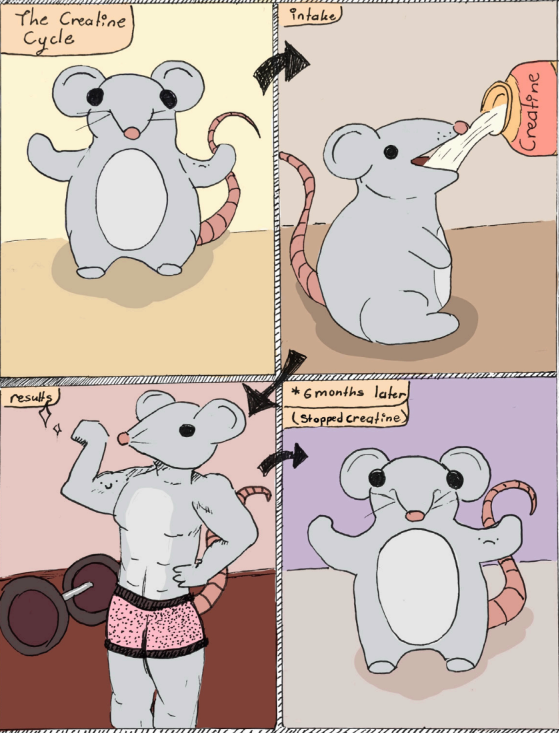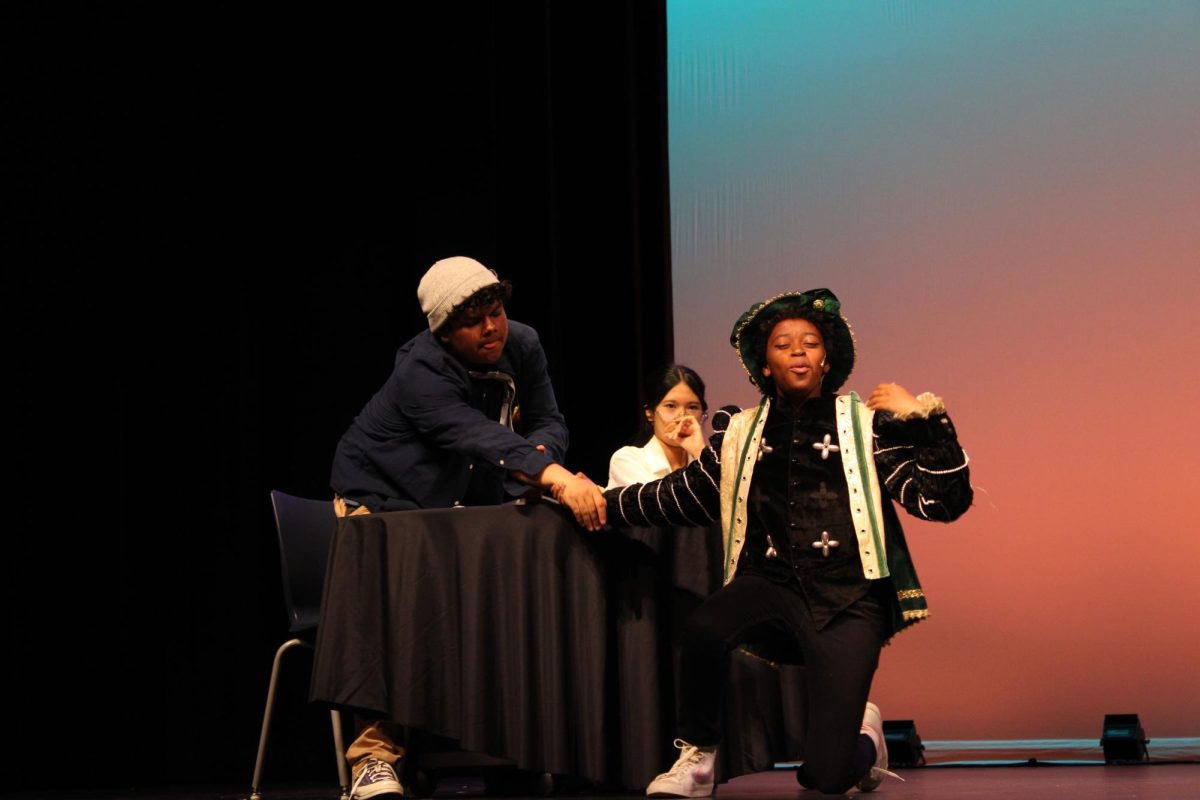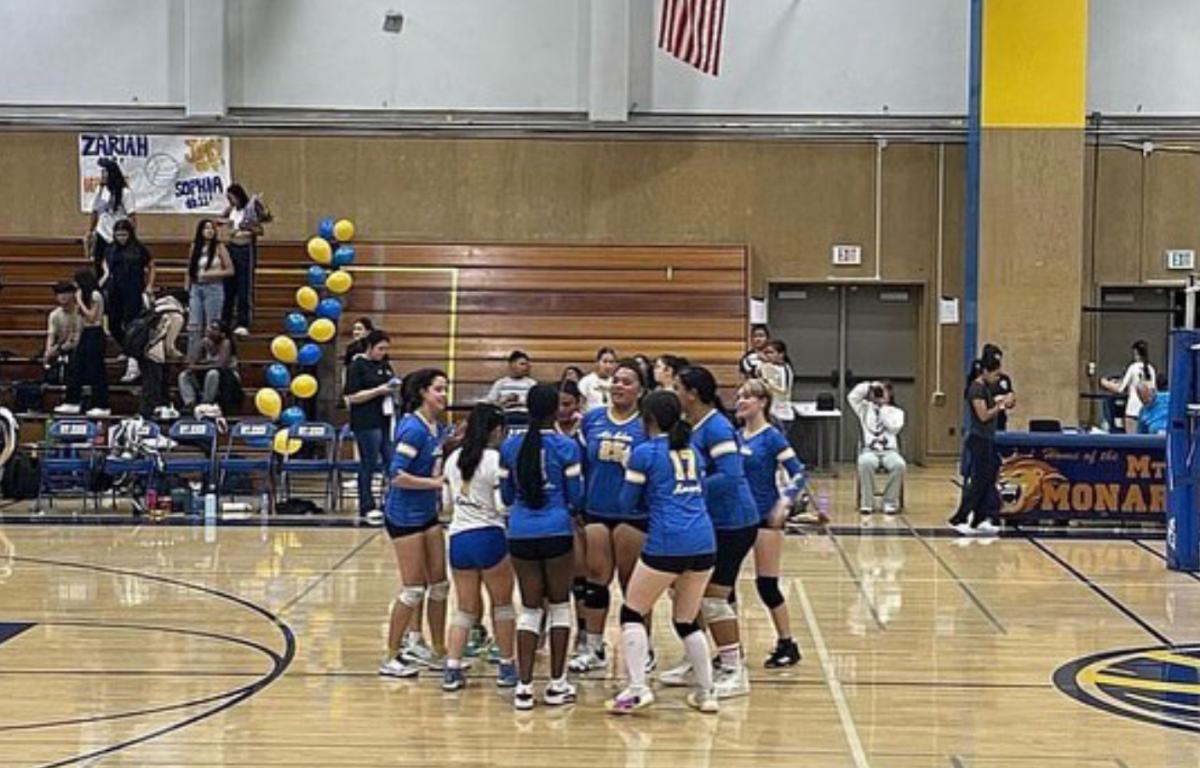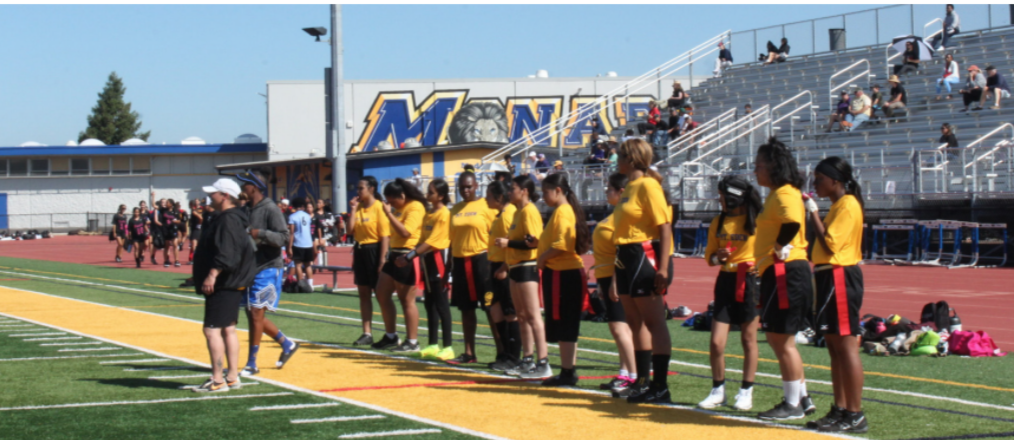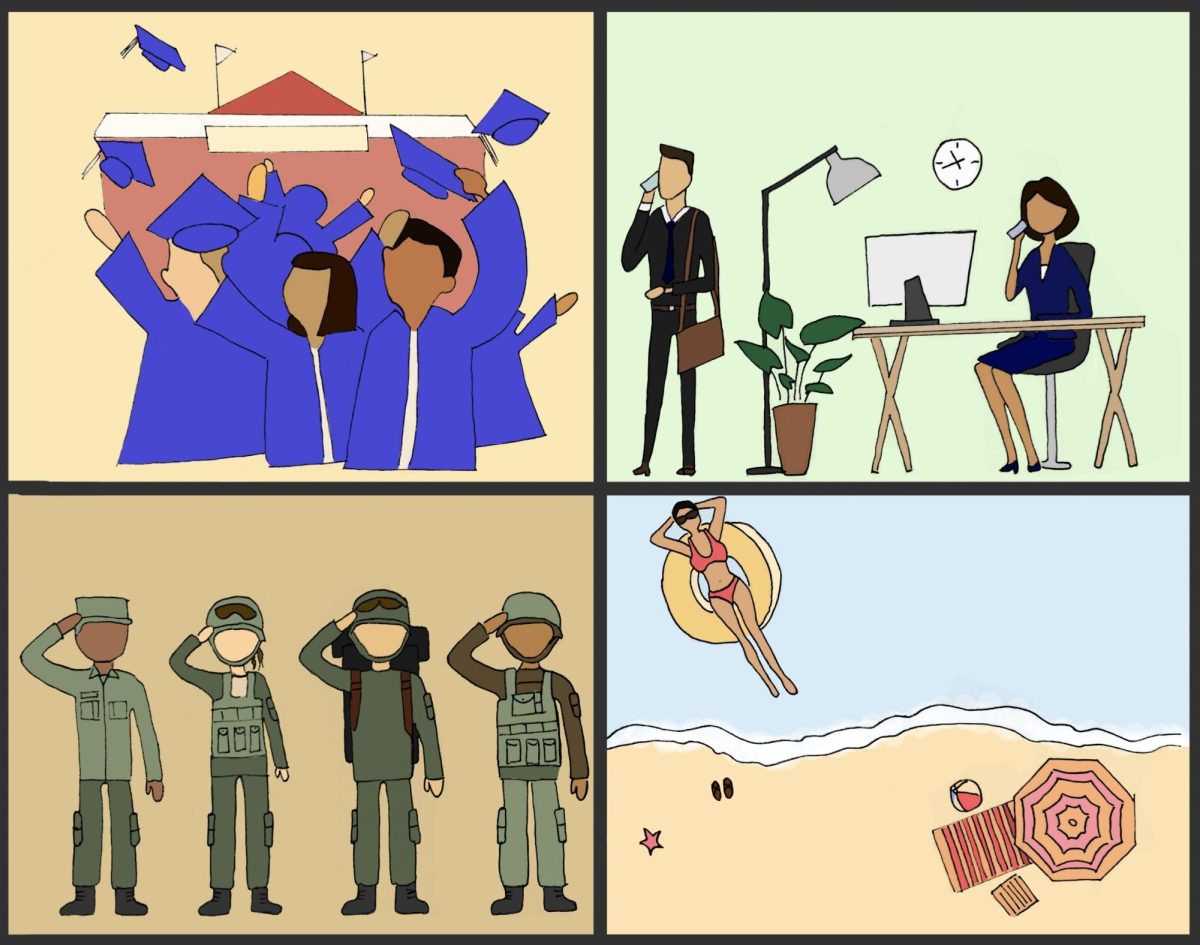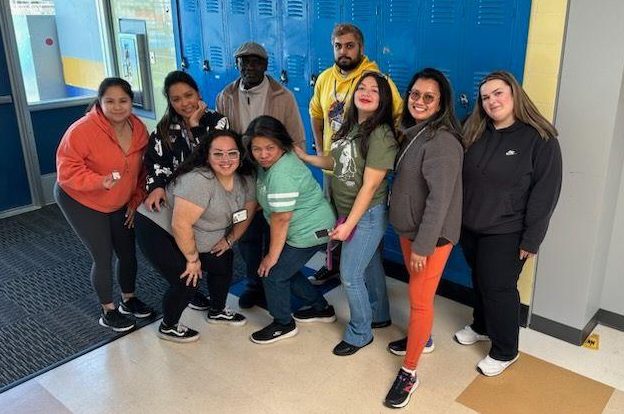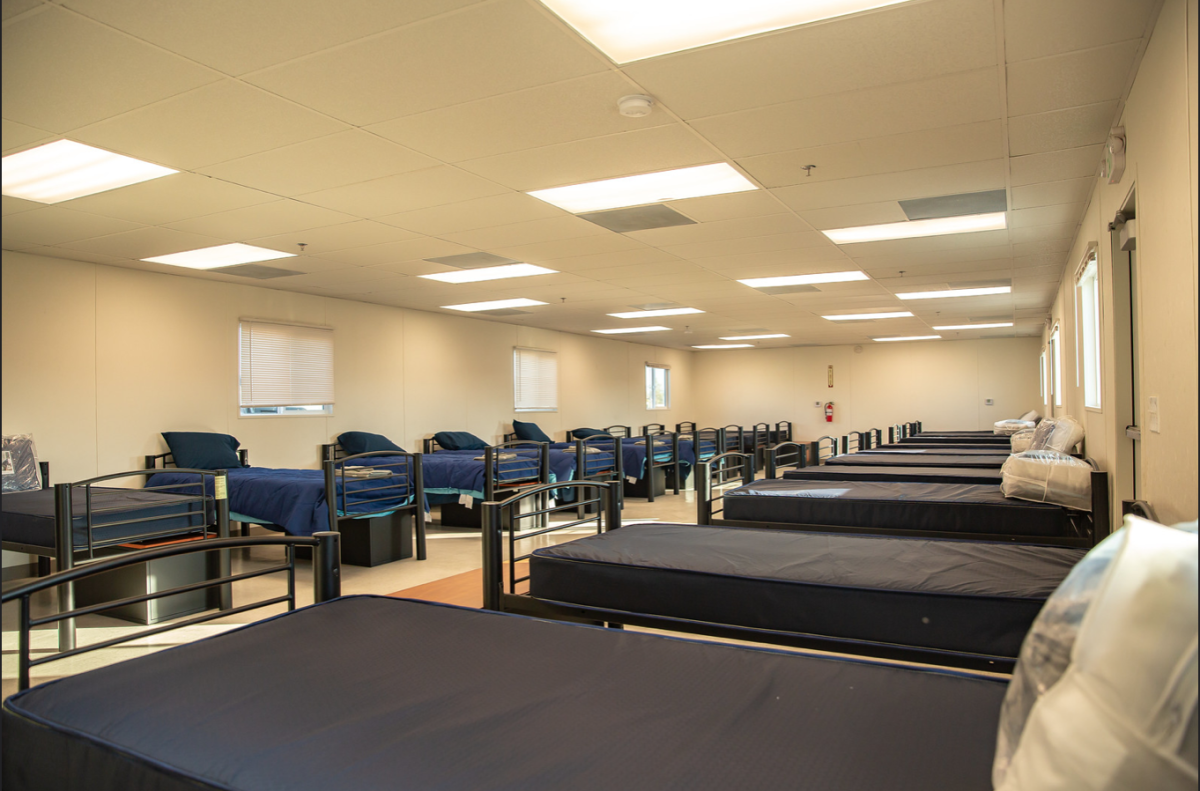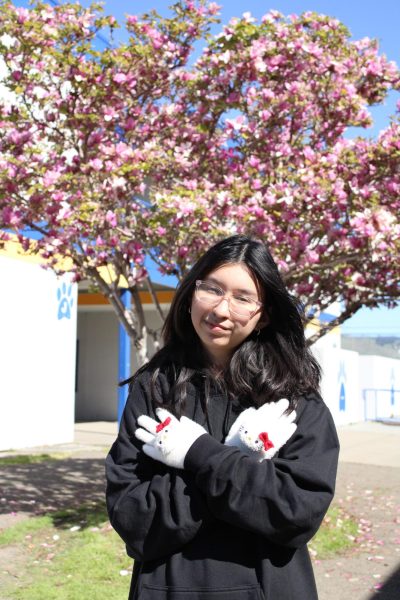In a 2016 poll conducted by Google and Gallup on 16,000 students, Black and Latine respondents were more likely than White respondents to show a strong interest in computer science. Their parents were also more willing to see their children succeed in the tech industry. However, some minority groups, including Black and Latine people, are underrepresented in computer science. Although Black and Latine Americans make up 11% and 17% of the workforce, they hold 7% and 8% of computer science-based jobs respectively. This holds true even at Mt. Eden. “I’ve been teaching computer programming for more than 10 years. 60% of the population here is Hispanic, and most people in my class aren’t,” said Mt. Eden computer science teacher Jose Moreno. This begs the question: Why is computer science such an unequal field?
Although Black and Latine Americans make up 11% and 17% of the workforce, they hold 7% and 8% of computer science-based jobs respectively. This holds true at Mt. Eden. This begs the question: Why is computer science such an unequal field?
Resource inequalities largely account for the racial gap. Only 53% of schools offer computer science classes, and many schools struggle with underfunding, teacher shortages, and disruptive learning environments. Sometimes, students can’t access computers at home. Black and Latine Americans especially face this disparity because of existing social and economic inequalities. As a result, many underrepresented students have less exposure to computer science. “If you go to the lowest funded schools, you’re going to see a disproportionate amount of minorities,” said Benjamin Mbakogu, a Black software engineer working at Google. In contrast, Mbakogu states that many highly funded college preparatory schools have far more computer science resources available, creating a divide.
The racial gap in computer science is self-reinforcing. Many Black and Latine computer science majors feel a lack of belonging in computer science classes, discouraging prospective students from staying in the field. When they do land jobs in the tech industry, they report facing racial discrimination. Mbakogu stated that he has never felt excluded in the tech industry, but that some of his colleagues have.
However, Moreno attributed the lack of diversity in tech to reduced confidence rather than overt racism. Although he has never faced racial biases personally, Moreno stated: “My family and friends are afraid to work in [STEM]. When my older son was getting a degree in computer science, I was looking at all the names, and most of them aren’t Hispanic.” Many underrepresented groups lack role models in the field and often feel excluded, feeling unwelcome in the tech industry as a result.
Racial biases in computer science don’t only affect underrepresented workers, but negatively affect society at large. The less diverse perspectives there are, the more likely it is for programmers to incorporate their biases into code, whether consciously or unconsciously. Also, AI models may be trained on incomplete datasets lacking information from people of color.
For example, AI healthcare models sometimes cannot provide adequate care for Black patients, facial recognition systems struggle with detecting people of color, and criminal justice models may incorrectly accuse Black people of crimes. Some companies like Pepsi refuse to use AI models for hiring decisions because of their potential for bias. It’s often challenging to address why AI models generate certain responses, and incorporating more diversity in computing directly addresses the root of the problem.
The number of computer science degrees awarded to marginalized students hasn’t changed much. Mbakogu mentioned that at UC Irvine, its percentage of Black students in tech majors hasn’t changed much. However, there is hope for the tech industry. In 2020, 28 states passed laws proposing greater funding for computer science in schools, which some believe can solve racial resource disparities. Also, several cities have begun to provide low-cost internet access. When asked about possible solutions to the racial gap, Mbakogu stated that colleges should “look at the totality of a student’s experience, especially when comparing two students that don’t have an equal footing of resources they need to excel.”
Heavily inspired by his professional mentors, Moreno believed that underrepresented groups should muster the strength to succeed in the tech industry despite fears surrounding feeling excluded. Progress in alleviating racial gaps is slow, but it has been showing: in recent years, more underrepresented minorities have taken AP Computer Science exams. “As a Latino and a computer science teacher, [success] is possible,” said Moreno.

